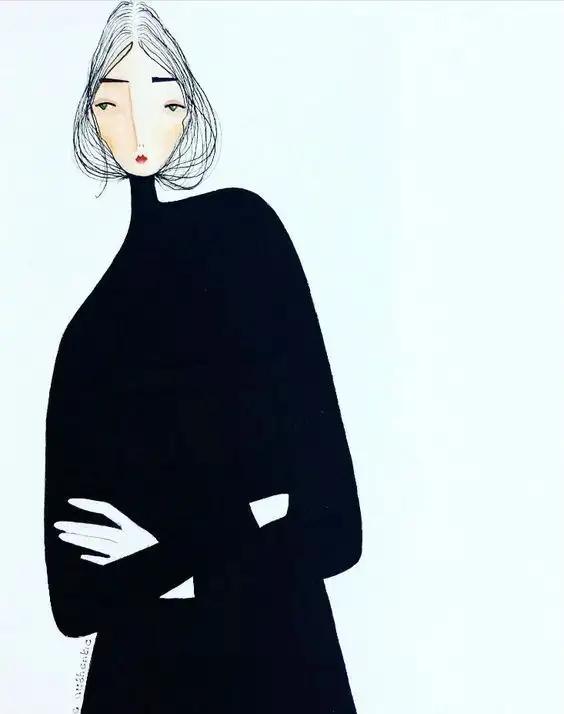
Love, a complex and multifaceted emotion, has been a perennial subject of fascination for poets, authors, and philosophers throughout the ages. It often manifests in three distinct ways, each telling a unique story of human longing, desire, and fulfillment.
Most of us can relate to our yearnings in one of two common approaches: repression and denial or the relentless pursuit of what we believe we want. But there is a third way, a path less trodden, which involves feeling our desires deeply without necessarily acting upon them.
The Repression and Denial of Love

Many of us are familiar with the first way of approaching love: repression and denial. We suppress our desires, convincing ourselves that they are unwelcome or inappropriate. In doing so, we may relegate love to the shadows, pushing it deeper into our subconscious.
This approach often stems from fear, societal constraints, or past experiences that have left us scarred. We become adept at disguising our emotions and desires, even from ourselves.
Pablo Neruda’s poem, “Here I Love You,” beautifully captures the essence of this struggle. The poet paints a picture of longing and separation, expressing his love for someone who is far away. He writes
“Here I love you.
In the dark pines, the wind disentangles itself.
The moon glows like phosphorous on the vagrant waters.”
This longing, both intense and unfulfilled, is a poignant reflection of love’s repression. Neruda, with his evocative words, reminds us that the denial of love can be as powerful and passionate as its expression.
The Pursuit of Fulfillment

On the opposite end of the spectrum lies the pursuit of love through the relentless quest for what we think we want. This approach often involves chasing after external markers of love, such as material possessions, societal status, or fleeting pleasures. It is driven by the belief that happiness can only be found by acquiring what we desire.
Jane Austen, in her novels, frequently explores the theme of love and societal expectations. Characters like Elizabeth Bennet in “Pride and Prejudice” or Emma Woodhouse in “Emma” initially chase after what they believe will fulfill their desires. However, their journeys ultimately teach them that true love transcends superficial appearances and societal norms. Austen’s works remind us that the pursuit of love should not be a mere checklist but a genuine connection that goes beyond societal constructs.
The Third Way of Love: Feeling without Acting

Now, let’s delve into the third way of love, the path less traveled — the art of feeling without acting upon our desires. In a world that often promotes immediate gratification, this approach may seem counterintuitive. However, it offers a profound insight into the nature of love.
As mentioned in the opening paragraph, “Feeling, without acting upon, the desire or longing” is a way of honoring the depth of our emotions without succumbing to impulsive actions. It involves sitting with our desires, acknowledging them, and allowing them to exist without judgment. This approach is rooted in self-awareness and mindfulness, enabling us to understand our desires on a deeper level.
W.B. Yeats, in his poem “When You Are Old,” addresses the idea of feeling without acting
“How many loved your moments of glad grace,
And loved your beauty with love false or true,
But one man loved the pilgrim Soul in you,
And loved the sorrows of your changing face.”
Yeats’s words emphasize the significance of a deeper, soulful connection beyond surface appearances, echoing the sentiment of the third way of love.
Love, in all its complexity, offers us a choice: to repress it, to chase after it relentlessly, or to embrace it through the art of feeling without acting.
By acknowledging and understanding our desires on a deeper level, we can cultivate a more profound and enduring connection with ourselves and others. In doing so, we embark on a journey of love that transcends the conventional, opening ourselves to a new and transformative way of loving.














Write a comment ...